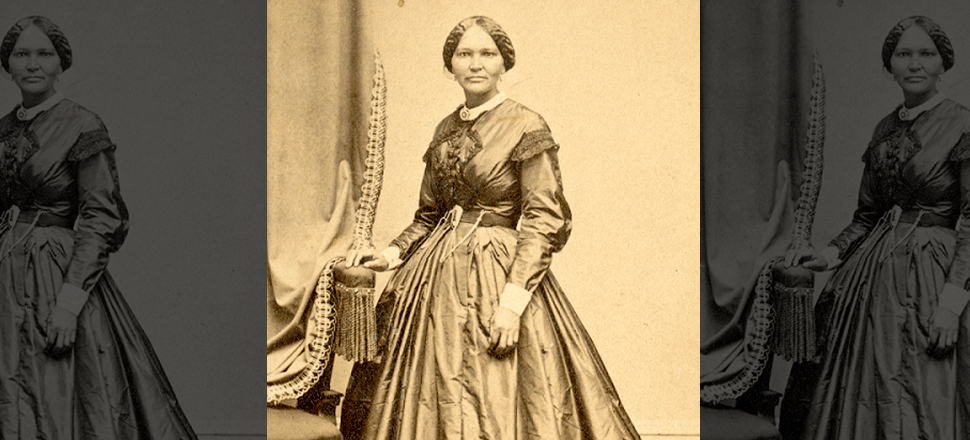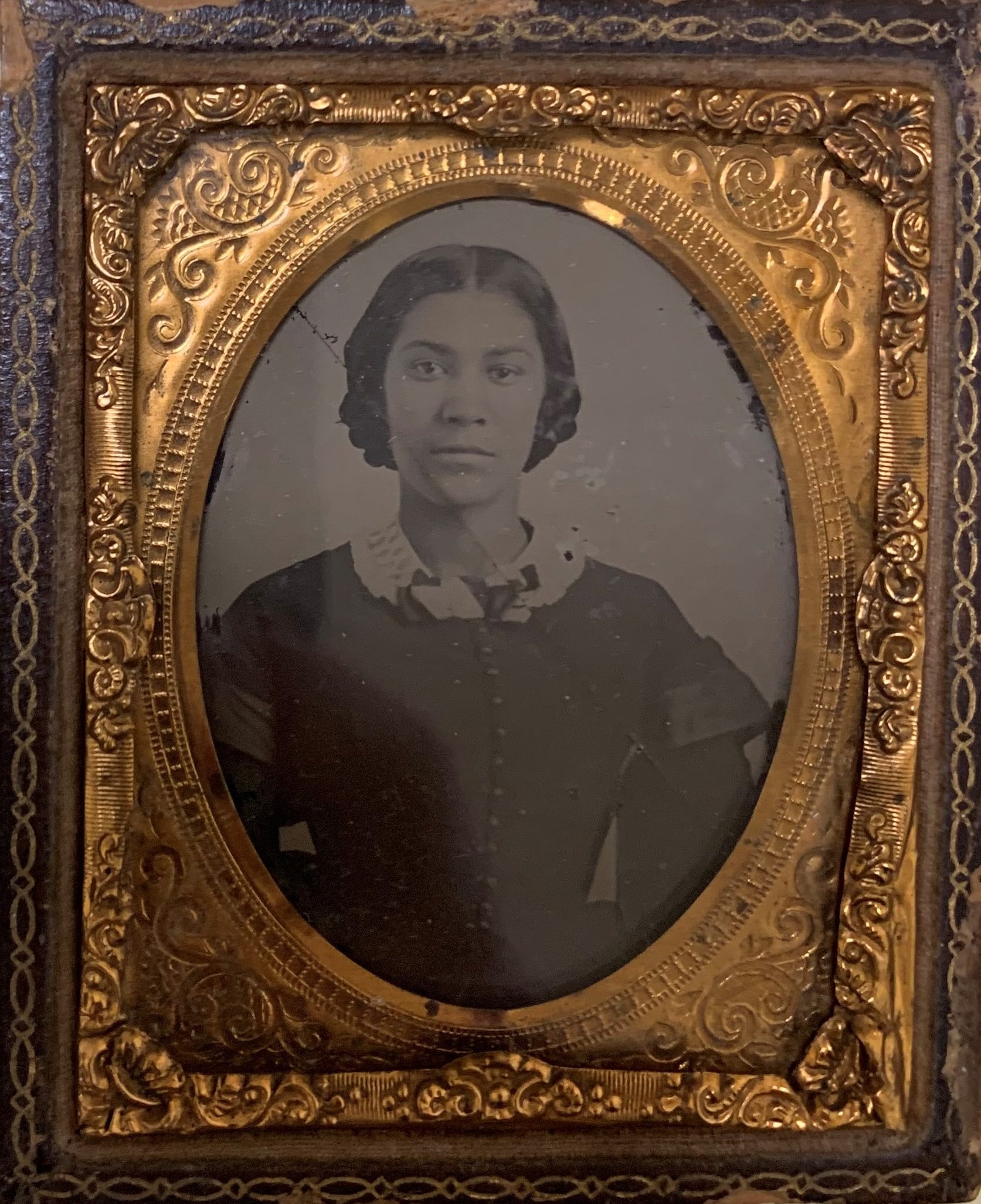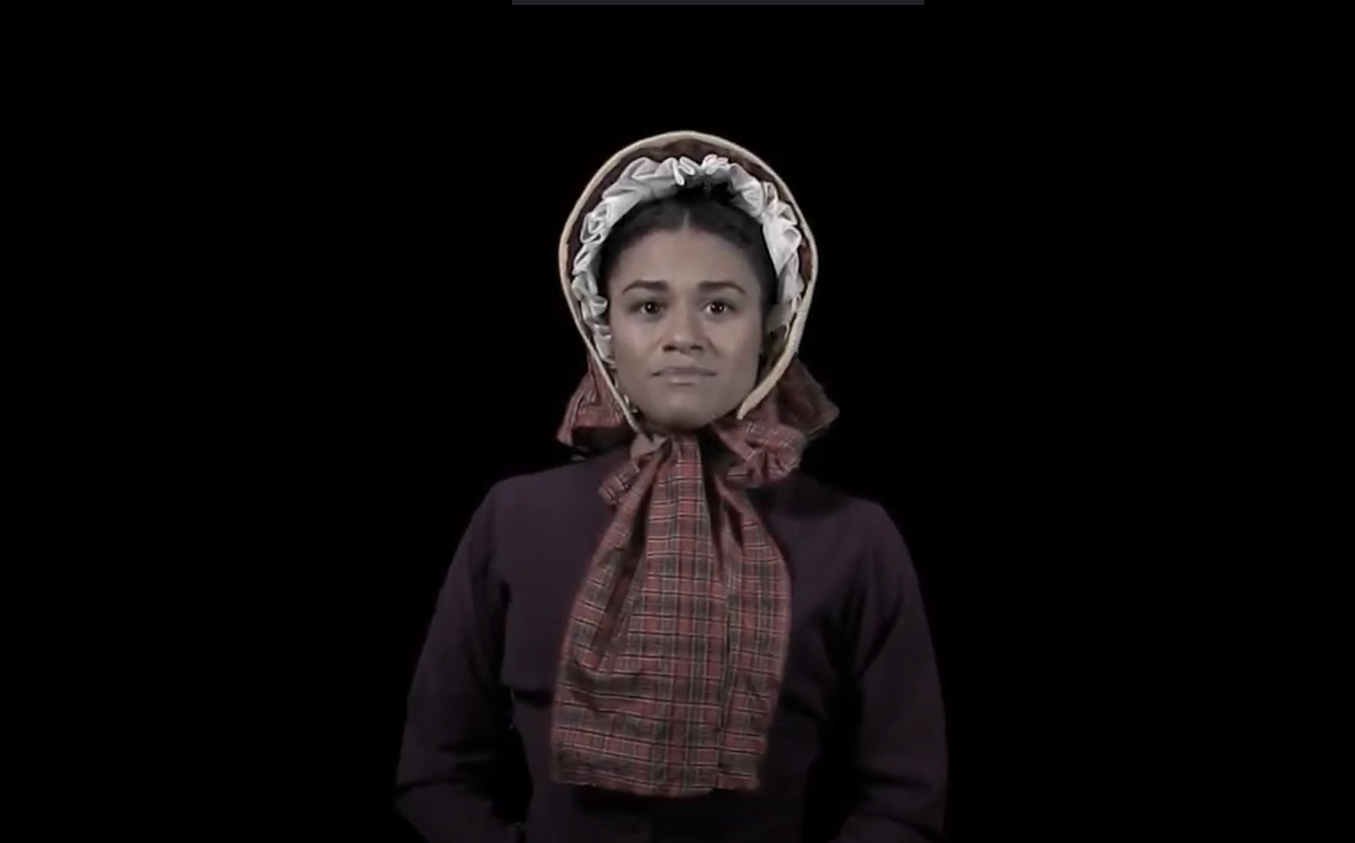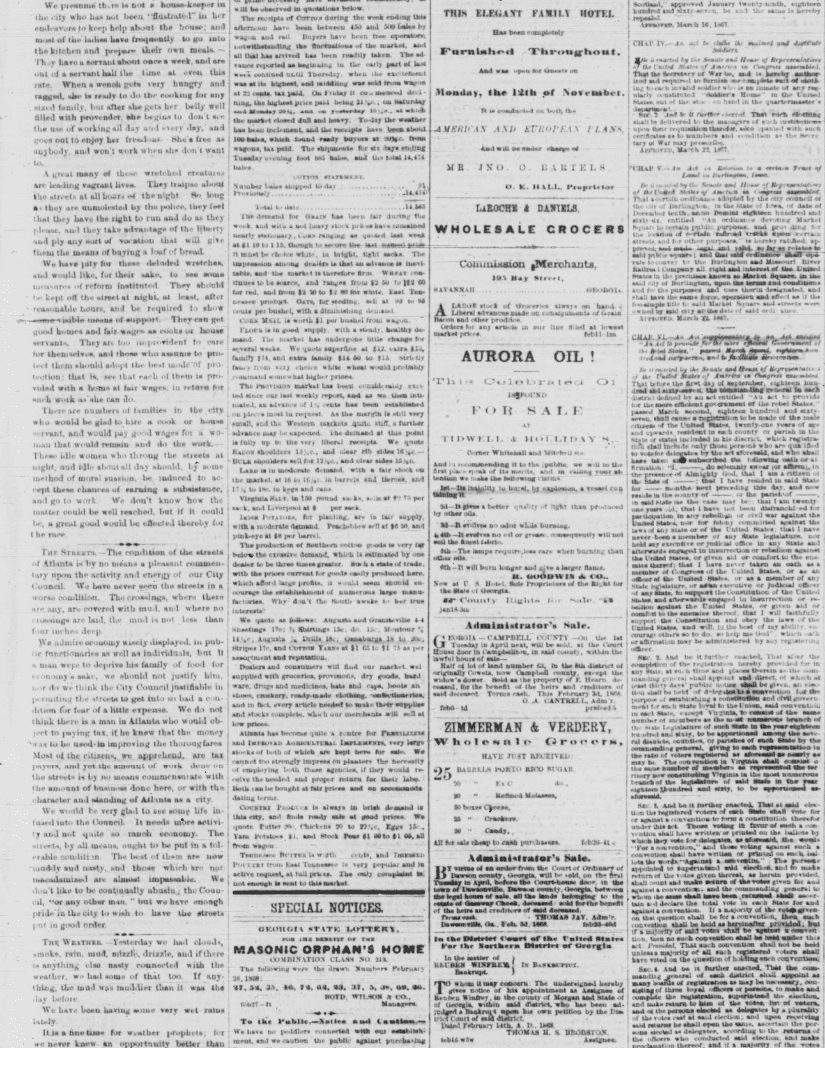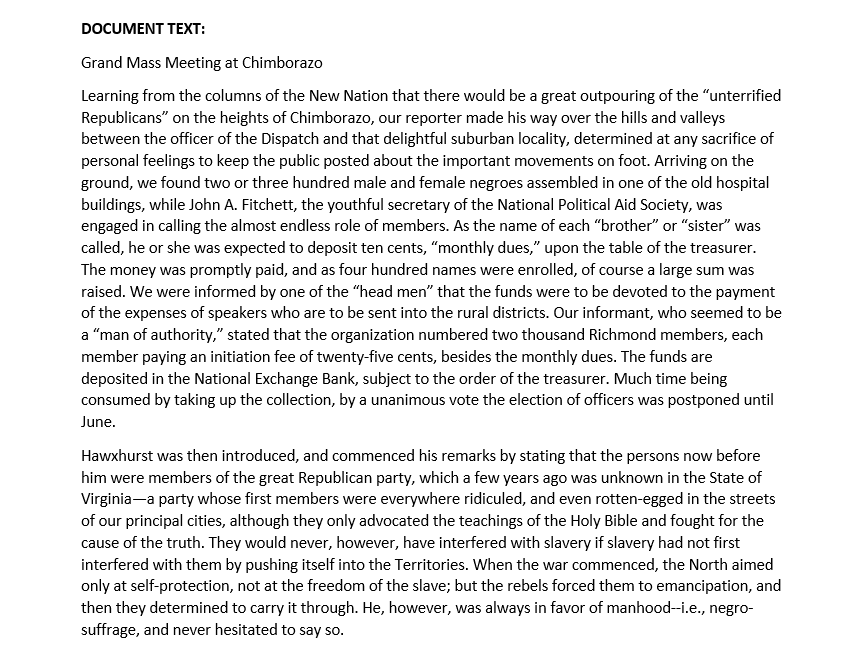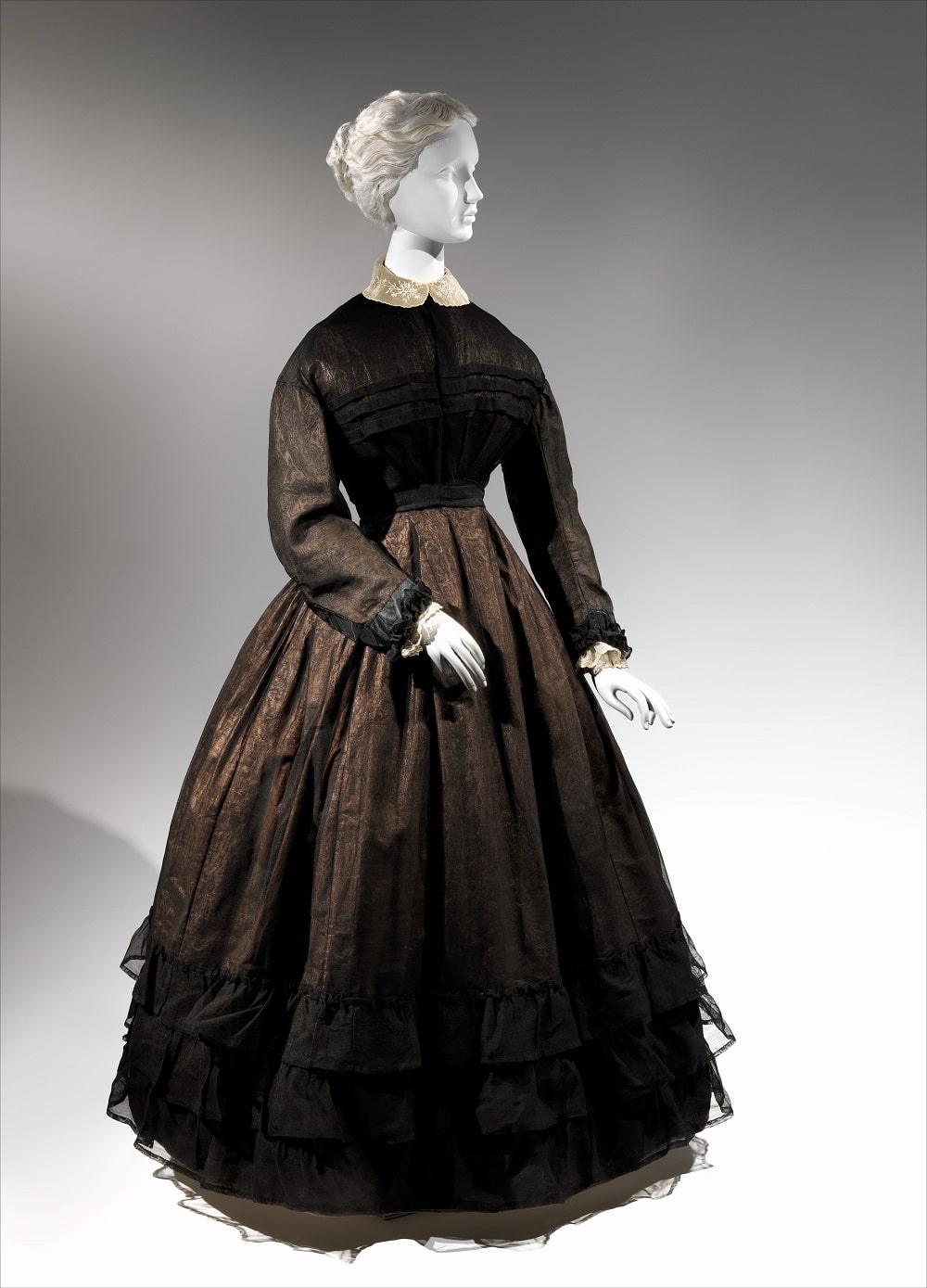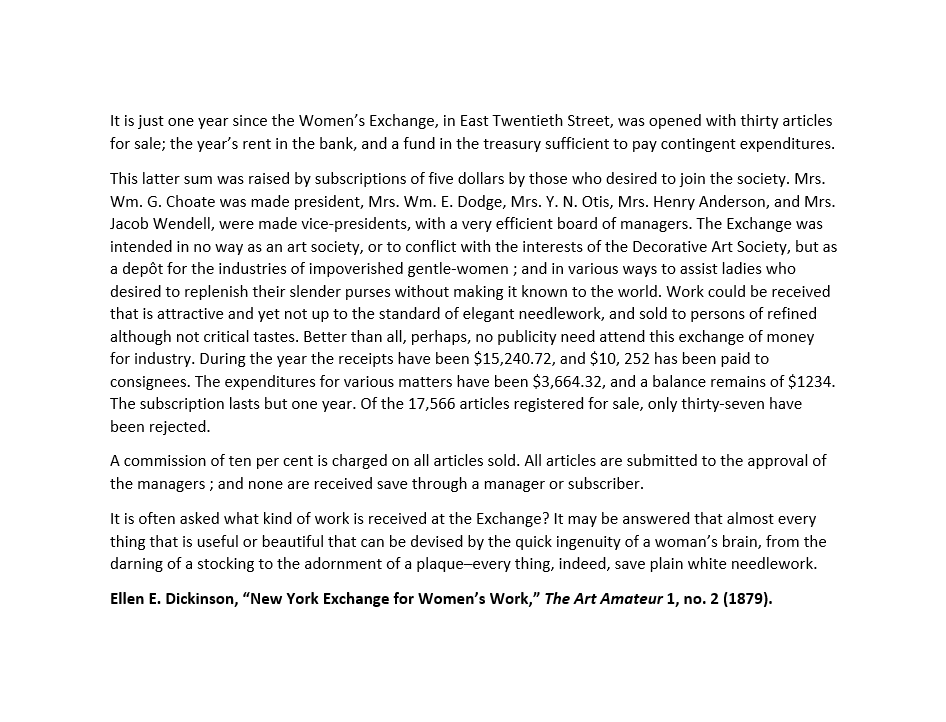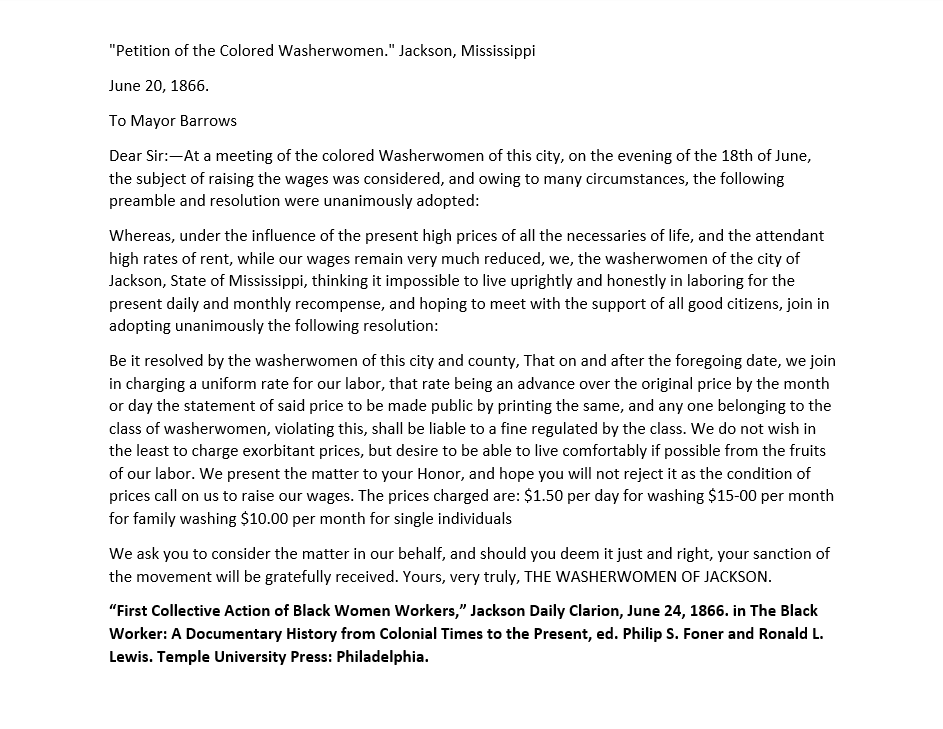Key Ideas
- Women exerted political influence in the Reconstruction era, even without the right to vote.
- Black women were essential to building and sustaining Black communities during Reconstruction.
- The Reconstruction era introduced radical changes to American society, but the government failed to ensure those changes were lasting.
Introduction
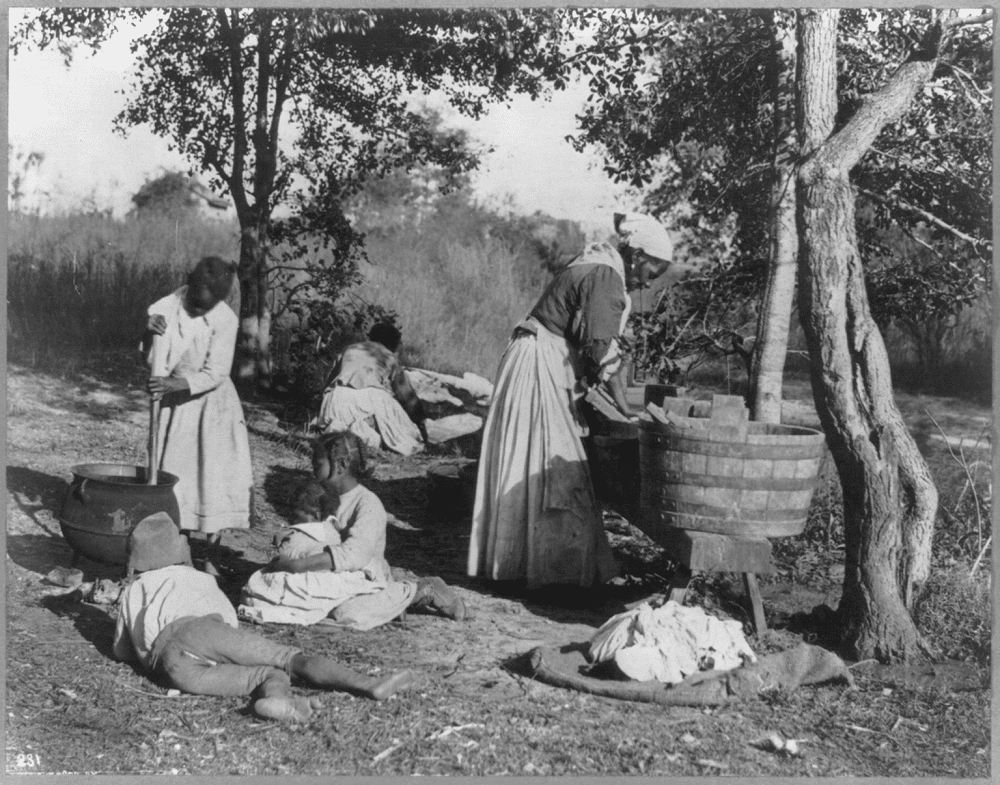
African-American woman doing laundry with a scrub board and tub, ca. 1900. Library of Congress Prints & Photographs Division, Washington, D.C.
Reconstruction, 1865–1877
The end of the Civil War in 1865 marked the beginning of putting the war-torn nation back together.
In this period, the nation faced three major challenges: how to reintegrate Southern states back into the Union; how to establish four million newly freed people as citizens of the United States; and how to rebuild a nation that had suffered catastrophic losses of human life and critical infrastructure. The assassination of Abraham Lincoln in April 1865 only complicated matters, leaving a power vacuum that no single political leader was prepared to fill. The Republican and Democratic parties subdivided into moderate and radical factions, creating a political morass that required constant compromise, often to the detriment of the new Black citizens.
Women still could not vote, but that did not stop them from taking an active political role during Reconstruction. Confederate white women were called upon to take loyalty oaths to the U.S. government as part of the push to rebuild national ties. Black and white activists campaigned for voting rights and donated generously to politicians and political groups that represented their interests. Black women workers organized labor groups to push local governments to protect their rights.
Black women played critical roles in the community building efforts Black Americans undertook to assert themselves as citizens of the United States. They went to work to earn money to support their families and communities. They also participated in nationwide efforts to reunite with family and friends separated during slavery. They eagerly pursued new educational opportunities, sharing their knowledge with their communities. In the face of virulent racism and the constant threat of physical and sexual violence, Black women established successful businesses and built strong families and community networks that lasted for generations.
Essential Questions
- How did race and class affect a woman’s experiences during the Reconstruction era?
- Why is it essential for historians to consider the contributions and experiences of Black women in the Reconstruction era?
- What opportunities were created for women in the Reconstruction era? What limitations did women face?
- How do the events and experiences of the Reconstruction era still affect American society today?


